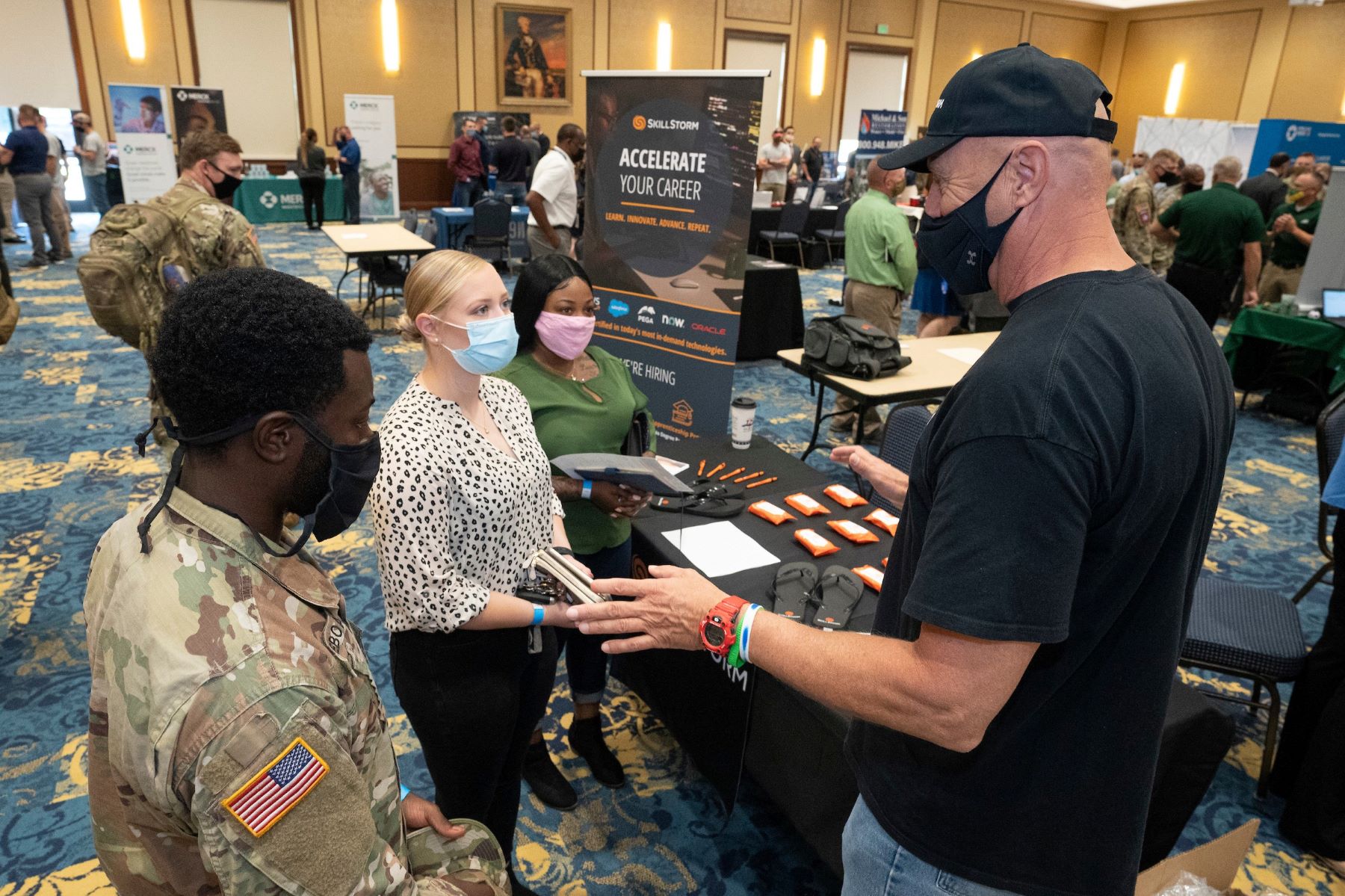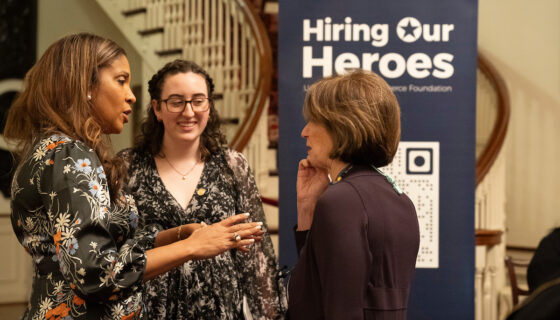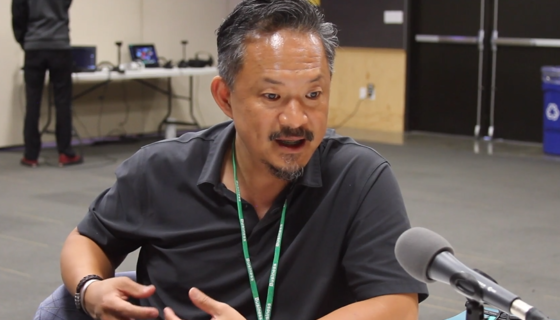3 Surprising Things About Military Spouses in the Workplace

There are more than 1 million active duty, National Guard, and Reserve military spouses in the United States. Predominately female (93%), they are younger (33 years old) on average than their civilian counterparts (47 years old). These numbers barely scratch the surface when we examine military spouses as a largely untapped talent pool for U.S. employers.
Demographic data is unable to demonstrate the value a military spouse adds to your organization. Data doesn’t explain how his or her diverse experience and background is an asset in your workplace. But many employers testify military spouses are a part of their hiring initiatives because of their diverse backgrounds and valuable skill sets.
Related: Best Practices for Building a Military Spouse Hiring Strategy
There isn’t a tool to measure the adaptability needed to live with consistent uncertainty. Military spouses remain flexible when their service members are deployed at a moment’s notice. They embrace “Semper Gumby” (an unofficial motto meaning “always flexible”) when they move across the United States with less than six months’ notice. This may be a reason why 75% of surveyed military spouses reported feeling confident in their abilities to handle problems.
Simply put, some human resources professionals may not know how military spouses and their experiences contribute to a company’s success. Hiring Our Heroes and our friends at USAA are educating employers about this talent pool and why they are valuable assets in the workplace.
They Are Highly Educated
Recent surveys show military spouses are more highly educated than the average American. Approximately 34% of spouses have earned a bachelor’s degree, and 15% have a post-graduate degree. And they don’t stop there.
Military spouses are lifelong learners who regularly seek further education. Nearly 80% of military spouses surveyed told Hiring Our Heroes they have pursued additional training or education during their time as military spouses.
Yet, military spouses with college degrees face the greatest challenges in nearly every measurable employment category. They face the highest rates of unemployment and have the most difficulty finding meaningful work.
Military Spouses Have High Levels of Cultural Sensitivity and Awareness
The active-duty military spouse community has a larger population of ethnic and racial minorities compared to the broader civilian population. Additionally, military spouses have high levels of cultural sensitivity and awareness due to living and working in a variety of locations and diverse environments.
On average, military families move to a new location every two to three years. This is 2.4 times more often than civilian families. Military spouses move across state lines 10 times more frequently than their civilian counterparts. Sometimes they live overseas in places like Japan, Germany, and South Korea.
They Are Already Working at Your Organization
Can military spouses self-identify when applying for a job at your organization? If the answer is no, military spouses may already be working at your company without your awareness.
With more than 15 million military spouses married to veterans, it’s possible your organization has hired a military spouse without realizing it. In the past, military spouses have been reluctant to disclose this non-visible identity. But now that you know the value military spouses in the workplace, it may be time to invest in a military spouse hiring strategy and include them in your candidate pools for open positions.
Military Spouse Fellowship Program
One way to connect with military spouses is through the Hiring Our Heroes’ Military Spouse Fellowship Program. This six-week fellowship provides hands-on work experience in a civilian workplace for military spouses. In turn, local employers have access to this diverse talent pipeline.
“That’s the beauty of a program like Hiring Our Heroes. You don’t have to only rely on the resume review or the half-hour interview,” said Christy LeRoy, director and business process consultant at USAA. “With the fellowship program, you can see how they fit in your company, what transferrable skills they bring to the table and how those skills can help your company have success.”
“With the fellowship program, you can see how [military spouses] fit in your company, what transferrable skills they bring to the table and how those skills can help your company have success.”
Christy LeRoy, director and business process consultant, USAA
In 2021, the Military Spouse Fellowship Program reported a 91% job offer rate. The average starting salary was $68,000.
Some employers, like USAA, reported a 90% job offer for its fellows.
“Military spouses are force multipliers … accessible, knowledgeable, professional. They are powerful influencers that bring diversity to decision-making and team dynamics. Provide them opportunities and they will bring that success to your teams,” said USAA lead business process consultant Steve Miller.
Best Practices for Reviewing a Military Spouse Resume
Recently, Hiring Our Heroes and USAA co-hosted an Employment Roundtable – Deciphering the Military Spouse Resume webinar. Attendees learned best practices for reviewing a military spouse resume with a focus on transferable skills and how to foster internal buy-in to promote military spouse hiring. You can watch the recorded webinar.
When organizations come to Booz Allen Hamilton’s Senior Associate of Diversity Talent Acquisition Tom Downs asking for advice about military spouse hiring, he directs them to Hiring Our Heroes.
“Partnering with Hiring Our Heroes is the first step that I tell every company, no matter their size or number of hires that they are desiring to make,” Downs said. “The quantity and quality of events that HOH facilitates, along with the ability to access their Military Spouse Fellowship Program, ensures companies have a multifaceted approach to brand themselves as a military spouse-friendly employer.”



